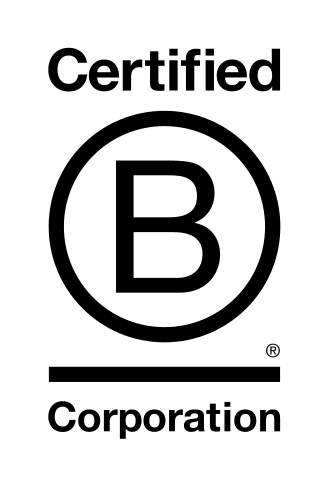
Wayne Green, Founder/Owner of FinServ Dynamics Ltd
Finding the Value
When I was presented with a potential move into compliance and risk back in 2010, I was hesitant. With time previously spent in operations and marketing I’d developed a bit of a stereotypical view of the second line. But I’m a sucker for a challenge. I jumped but made one commitment; that I wanted compliance and risk to add value to the business, not detract from it.
I like to think I achieved that; by asking what good comes of doing things properly, not just what bad happens if they aren’t? How can we do something innovative, not why can’t we? How can you do better, not why are you doing badly? And most importantly, what does it mean to small investors like my grandparents (small in terms of investable assets – they’re average height for 85) if we get this right?
It’s a long and sometimes difficult crusade. So, it is with some degree of excitement (yes, I need more hobbies) that I saw the odd retail distribution platform start to talk about governance, independent oversight and risk management. And little surprise, when the occasional research note was met with frustration, anger or hurt. If I’ve learned one thing in a career mixing sales and marketing with governance and compliance, it’s that messaging and context is everything. So here I go…
The Dynamics of Investment
Performance data-driven ratings and recommendations are useful. Deeper scrutiny of portfolio management processes is equally important. But we’ve all witnessed the fallout from poor governance in successful funds. It’s a ticking time bomb, sometimes subtly eroding returns, other times making front-page news.
Studies exploring governance and investment performance are plentiful, but a definitive cause-effect link remains elusive due to the multitude of variables in investment performance. However, we can say without hesitation that poor governance can result in dire outcomes beyond mere underperformance.
But it isn’t just governance in isolation that drives investor outcomes. Don’t forget culture.
Imagine governance as the skeletal structure of an organisation, shaping its decision-making and accountability. Culture, then, is the lifeblood coursing through it, embodying the values, beliefs, and behaviours that animate these decisions. They’re not standalone elements, but interconnected parts of an organisation’s DNA. One without the other is a body without a heartbeat (or a heartbeat without a body).
So, here’s the secret formula:
Investor Outcomes = Portfolio Management + Governance + Culture
We’re all familiar with Portfolio Management – the hands-on task of managing a portfolio, assessing risk, deciding when to buy or sell. It’s a measurable entity. Governance, the rule-setter, provides oversight, ensures compliance, and outlines strategic direction. Then there’s Culture, the system of values, attitudes, and behaviours that govern how a fund operates.
These three pillars of fund management – portfolio management, governance, and culture – are essential for high-quality investor outcomes. But the latter two, governance and culture, are tricky to measure. They’re more qualitative, needing subjective review and inference, and are often underrepresented. They need more effort to determine than browsing a website or adding a question to a RFP.
Collective Responsibility (the Consumer Duty bit)
Platforms discussing independent risk management and governance is a step towards equality between diligent actors and corner-cutters. Diligent actors can evidence and give credibility to that diligence with independent oversight. It’s not a critique of portfolio managers, but an assessment of potential risks. To prevent a spectacular failure, we need to scrutinise not just the tangible, measurable aspects of fund management but also the more abstract yet equally critical elements of governance and culture. We might say this is participants in the distribution chain avoiding foreseeable harm.
Keep Your Foot on the Go Pedal
The battle for better governance and culture in fund management is far from over (and the role diversity and inclusion plays, in that far too one-dimensional right now – but that’s another article).
Predictable failures still occur, and it’s disconcerting when even seasoned institutional investors drop the ball. For me, this fuels the drive for clearer articulation of issues and improved analysis in my upcoming projects. Remember, scrutiny isn’t an indictment of past wrongs or an assumption of guilt; it’s about future-proofing for better outcomes and bolstering trust.
As an investor, I want beneficial risk/return profiles and the assurance that those managing my funds aren’t under unbearable stress or fear speaking out. I appreciate people who acknowledge their fallibility – because it’s not always about shielding us from arrogance or poor judgement. We see those cases in the news but there are more subtle and less obvious examples, too.
Let’s applaud retail platforms that are now addressing governance and culture alongside portfolio management. This shift is a win for the industry and investors, because it’s not just about making money. It’s about doing so responsibly, sustainably, and without anyone losing sleep – or sanity – over it!
Sounds like a value-add to me.




